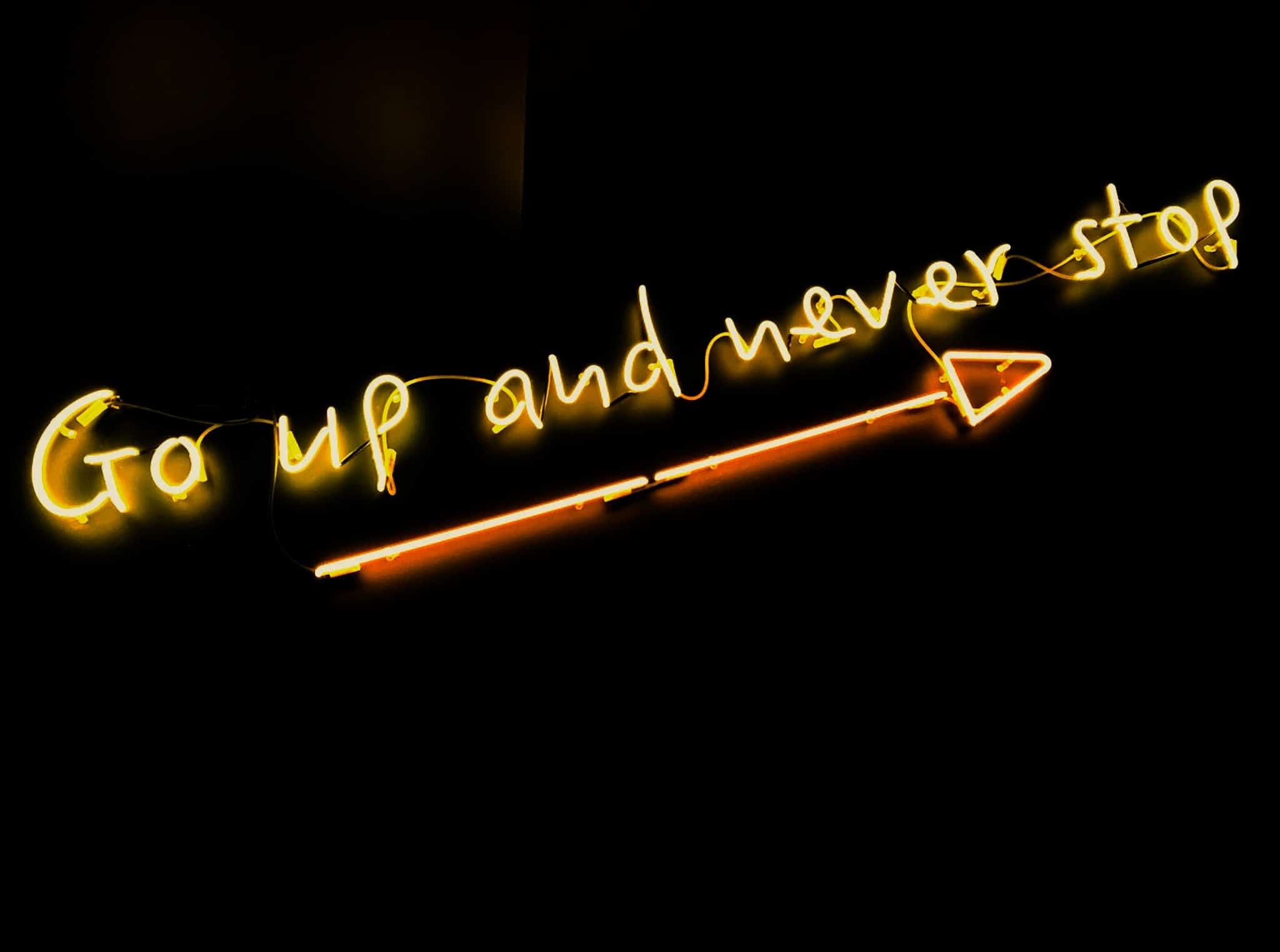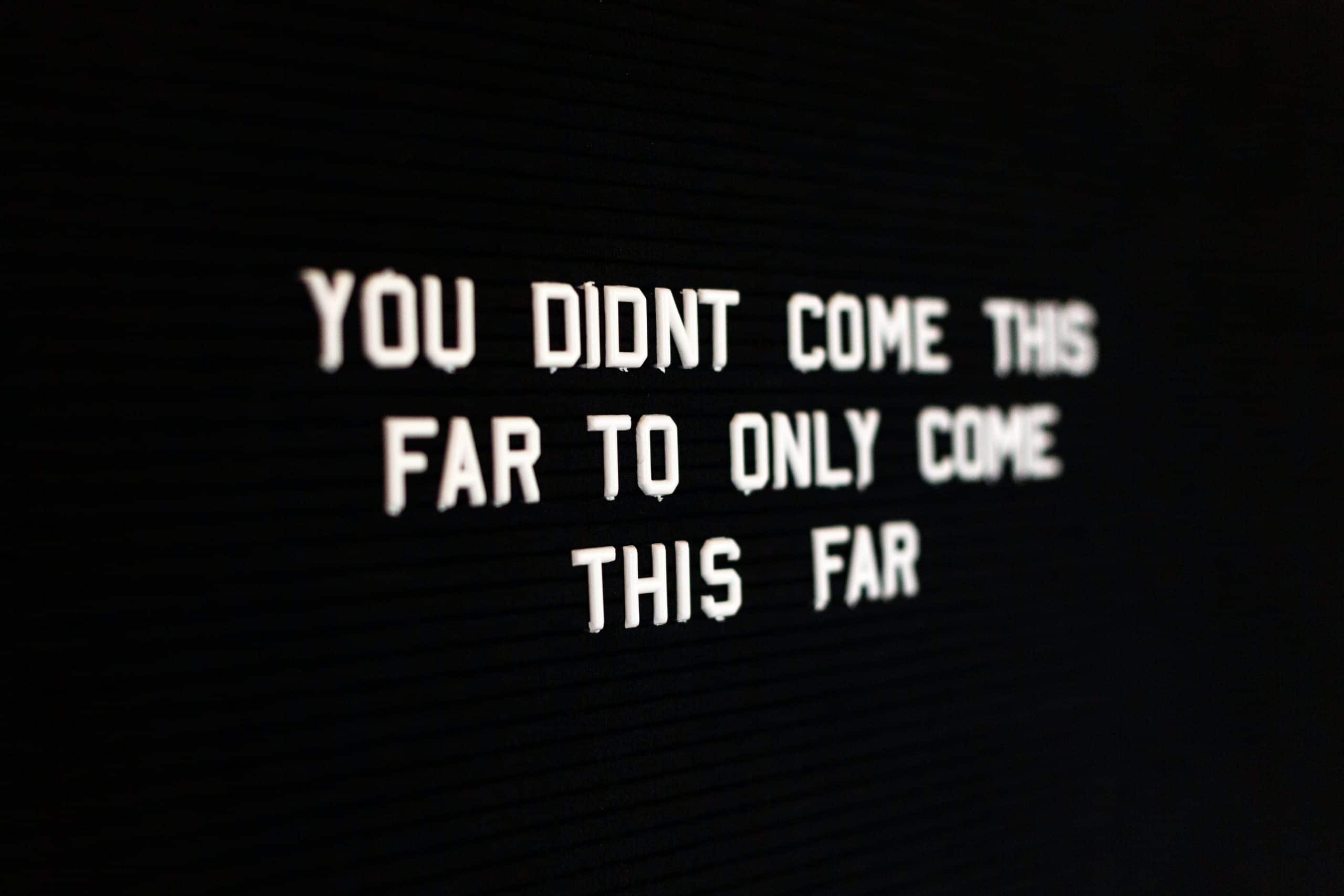The World Photography Organisation spoke to 2013 Sony World Photography Awards finalist and twice-shortlisted photographer Regis Boileau. Regis Boileau, France, Shortlist, Landscape, Professional Competition, 2012 Sony World Photography Awards. He shares his approach to photography and his experience shooting some of his most notable series.

theprintspace are once again the official printer partner for the 2016 #SWPA, which is now open for entry! Enter the 2016 Sony World Photography Awards for free today: worldphoto.org/swpa
Tell us a bit about yourself
I was born in France 40 years ago. When I was a child, what I enjoyed the most was playing with the chemical baths to process black & white prints, which created a new story depending on the contrast and paper. When I was an adolescent, I was at the university learning more about photography, getting a fascination for the works of Steve McCurry and Edward S. Curtis. With them, I started to build my questions and inspirations. When I was a young adult, I worked as an assistant at the Modern Museum of Paris. In this period of time, I met many artists and researchers and learnt that my stories needed compost, which are the stories of others. Later, I started to travel as a freelance photographer, for 15 years in more than 30 countries. I was looking for this compost, to confront myself with other men and women, to enrich my tales. Now, I work in the fine art and the portrait studio fields, accomplishing fully my work as a photographer.
What drew you to a career in photography and, specifically, a career in fine art photography?
The only thing I always wanted to do was to be a photographer. It looks like a cliché, but it’s true. I don’t remember any other viable choice for my life. About fine art photography, after a while, a long while maybe, I understood that I needed to focus on my stories (not about my own existence, but about my own imagination), on what I wanted to say. I’m not a conceptual photographer: I’m a storyteller. For this purpose, fine art is the best way to express myself. Viewers take more time with my photos than when reading a magazine, and I can develop something more personal and deeper.
For you, what is the key purpose of photography?
Art is communication, communication is to share, and to share is a social process. My only purpose in photography is to meet people through stories I found or create. I don’t care about realities (unobtainable since going through the subjective senses). I don’t care about truths (they are all relatives, otherwise it will be already peace on earth… and a relative truth is by definition not a truth). I just care for sharing a good moment with others through stories. Maybe there is more behind them, but that’s not my main concern. I don’t like the pretention of artists trying to educate or taking a boastful tone in their work. Photography, as all forms of art, is, before anything else, a play with emotions and/or narration. It’s storytelling. Nothing more, nothing less.
Your series “Rice terraces of Longshen”, which was shortlisted in the 2012 Professional Landscape category of the Sony World Photography Awards, was shot in China. You have travelled the world extensively for over 15 years, where would you next like to travel to and photograph, and why?
I would like to work on the Icelandic landscape, where the intensity of the elements (clouds, smokes, snow, lava, wilderness…) can create together a powerful story. The landscape and the weather there are intense, as intense as a human being. It’s a culture fluid. I will try to explain this in a few sentences: In the human being, this culture fluid is for me the primitive root of our drives, where the emotions flounder, raw, violent, untamed, before to be exposed to our morality and education. Iceland can show these wild, primal elements. It’s so powerful; it could be more portraits than landscape. I want to obtain photos with this organic, gritty feeling, this cauldron where all senses are used. I will work to show something violent yet on the verge of construction, not destruction. Like the human mind.

